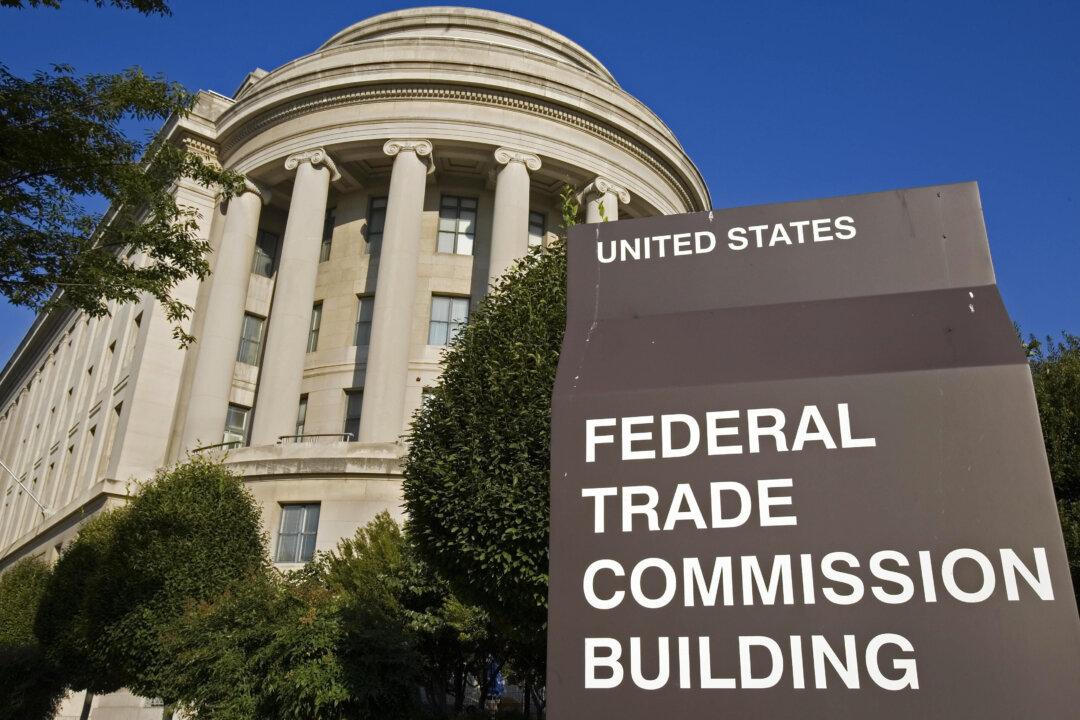The U.S. Federal Trade Commission (FTC) has instituted an industry ban on operators of an extended vehicle warranty scam that defrauded millions of dollars from Americans.
In February last year, the FTC charged Kole Consulting Group and its owner Daniel Kole as some of the defendants who ran the American Vehicle Protection (AVP) operation and allegedly defrauded consumers of millions of dollars through extended vehicle warranty scams.





